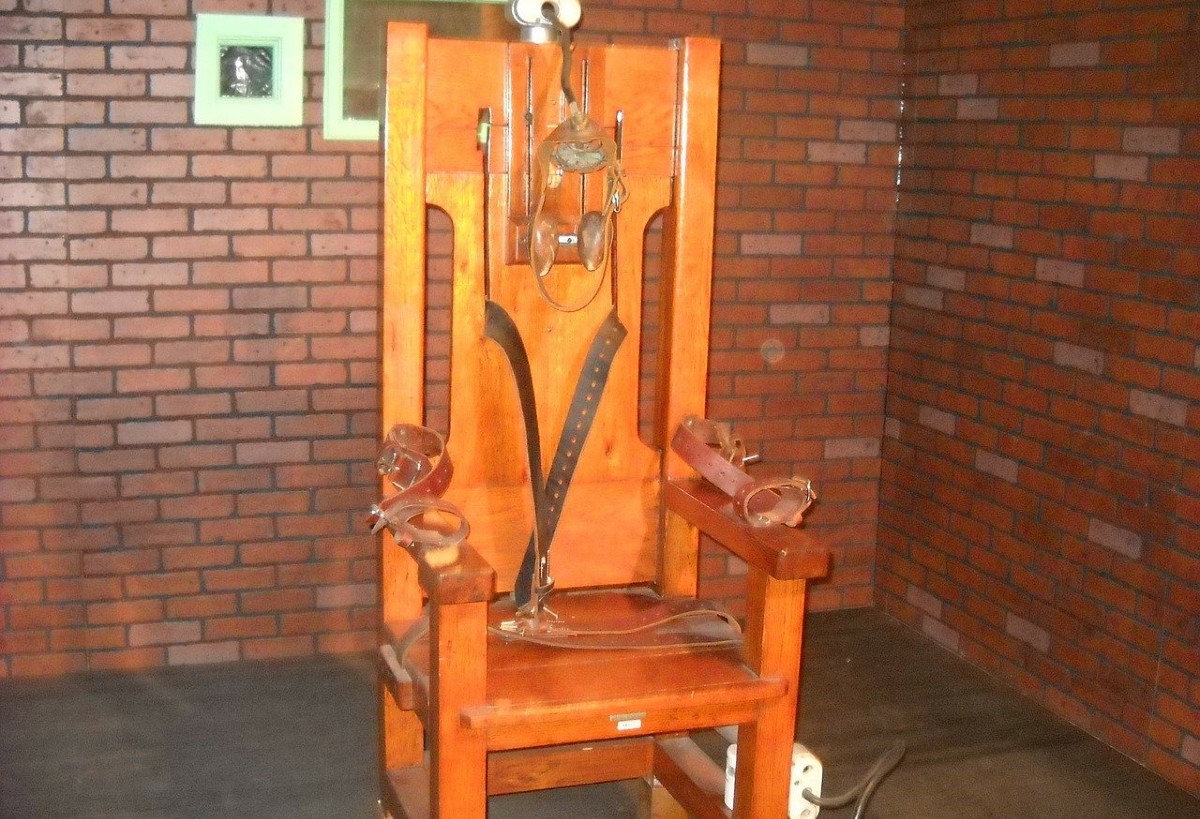By Andy Brack, editor and publisher | South Carolina, one of 24 states that continues to allow executions, hasn’t been able to carry one out for the last decade because it hasn’t had access to lethal injection drugs. Those on death row currently pick whether they want to die by electrocution or lethal injection. Predictably with the drugs not available, that is the preferred choice, which has ground executions to a halt.
 But now the S.C. House, following in the footsteps of the state Senate, approved a measure that would add death-by-firing-squad to the list of choices. With this as a replacement choice if lethal injection drugs are not available, executions could continue. Gov. Henry McMaster has pledged to sign the bill into law.
But now the S.C. House, following in the footsteps of the state Senate, approved a measure that would add death-by-firing-squad to the list of choices. With this as a replacement choice if lethal injection drugs are not available, executions could continue. Gov. Henry McMaster has pledged to sign the bill into law.
All of this is procedural. There hasn’t been serious consideration about whether it’s right for the state to execute prisoners on South Carolina’s death row, which now has 37 inmates.
So consider the thoughts of Hunter Limbaugh, elected in 1994 as a Republican to a Florence seat in the S.C. House. After that election, the GOP took over the House after years of rule by Democrats.
Limbaugh, now a lobbyist, today would describe himself in 1994 as “a very conservative traditional Republican.” He said in an interview he probably wouldn’t have given a second thought to voting for the firing squad bill had it been before the chamber because he was for the death penalty.
“It wouldn’t be a stretch that I might very well have been a cosponsor of the bill,” he said.
But not now, in part he says, because he has understood how his children have less certitude about right and wrong. In other words, millennials see a lot more gray than black or white.
Then there’s another difference: Limbaugh, who left the House in 1997 to become the chief legal counsel for Gov. David Beasley, served as the governor’s representative “to make the call on reprieves at the time of an execution,” he said, adding he was in charge of giving final approval before an execution took place.
“I’d then stay on the phone until the death was declared. It was some very intense, up-close and personal stuff.”
At one point, he decided to wait because the U.S. Supreme Court had not ruled on a petition for a stay of execution.
“I literally had the life of this person in my hands. Honestly, it felt horrible. My answer was to wait, and the stay was soon denied, but those are five minutes I’ll remember for the rest of my life.”
In other words, Limbaugh faced something more instant than a vote on procedure as considered this week in the S.C. House. He felt the death penalty in action.
Over the last generation, DNA evidence, often now used to exonerate wrongly convicted people on death row, has clearly shown how the justice system is tilted against people of color and those without good legal counsel. “Claims that each execution deters a certain number of murders have been thoroughly discredited by social science research,” adds the ACLU.
Limbaugh said his experience with the death penalty has led him to conclude it is wrong to put people to death.
“I just personally have come to the conclusion that neither I nor the state acting on the right to take the life of another human being should do so.” But he’s not opposed to tough punishment: “It has all the right in the world to isolate people who have demonstrated an inability to live in civil society.”
It’s time to rethink the death penalty in South Carolina, not just add another option on the menu.
Andy Brack is editor and publisher of Charleston Currents, and publisher of the Charleston City Paper. Have a comment? Send to: editor@charlestoncurrents.com.





 We Can Do Better, South Carolina!
We Can Do Better, South Carolina!
























